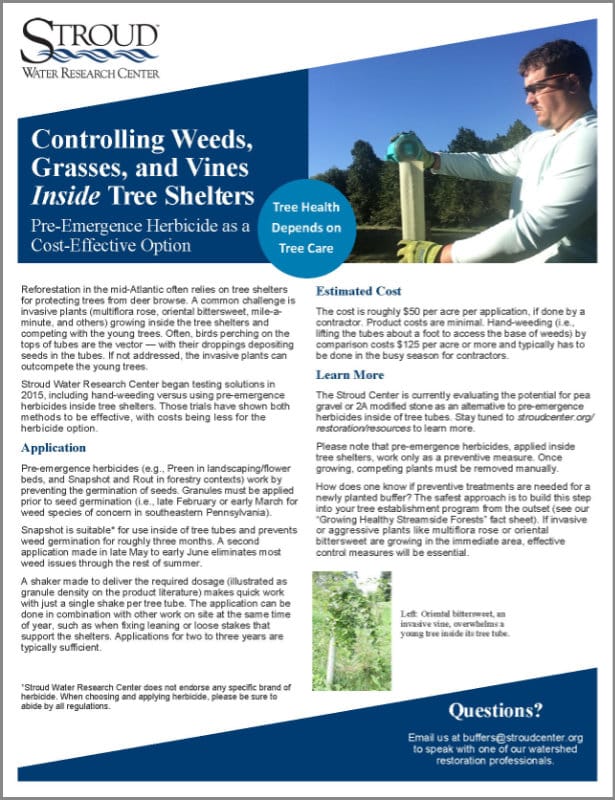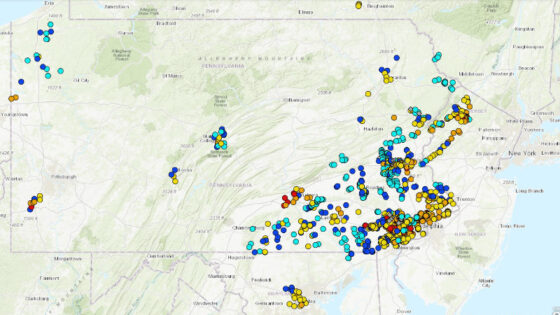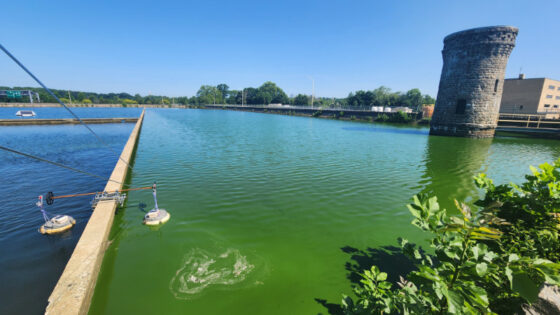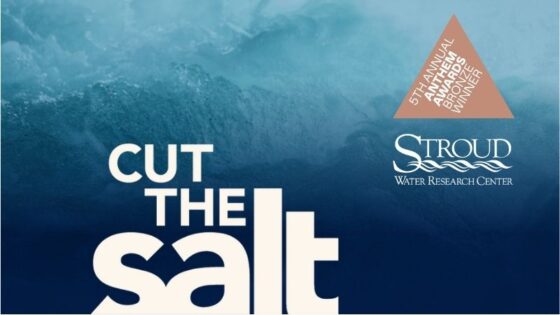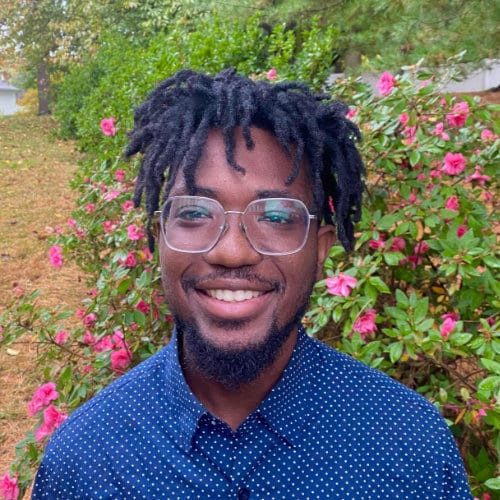
By Isayas Dorsey, Development and Communications intern
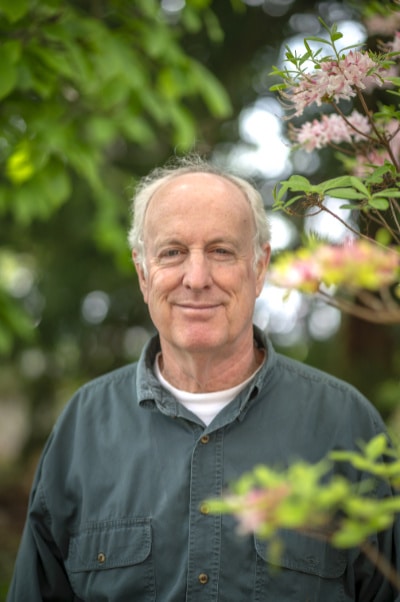
Doug Tallamy, Ph.D., is a professor of agriculture and natural resources at the University of Delaware. He is an advocate for native plants and an award-winning author. He is also the founder of Homegrown National Park, a global initiative to bring native wildlife back into people’s homes. On October 25, Stroud Water Research Center had the honor of hosting Tallamy for a lecture about his latest book, Nature’s Best Hope. In this book, he highlights the importance of native plants and the relationship they have with local wildlife.
The lecture, co-hosted by Penn Vet, drew an audience that packed the Stroud Center’s meetinghouse. Guests entered around 5:30 p.m. and enjoyed light refreshments before the lecture. The building was filled with smiles and good conversation. By the time Tallamy took the stage, it was almost impossible to find a seat.
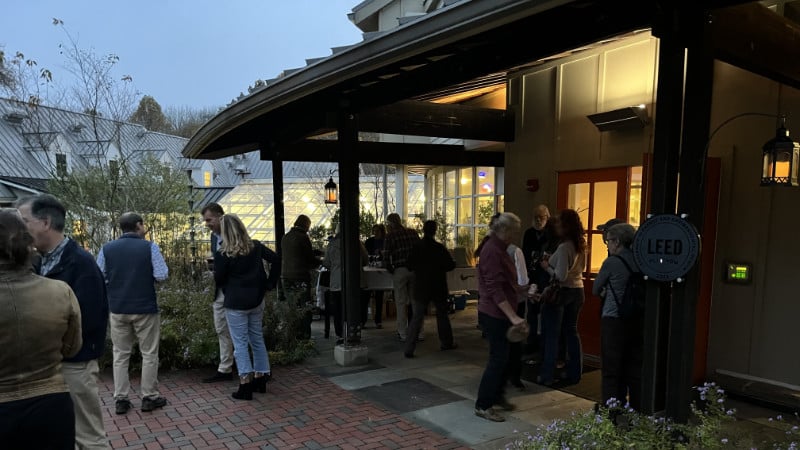
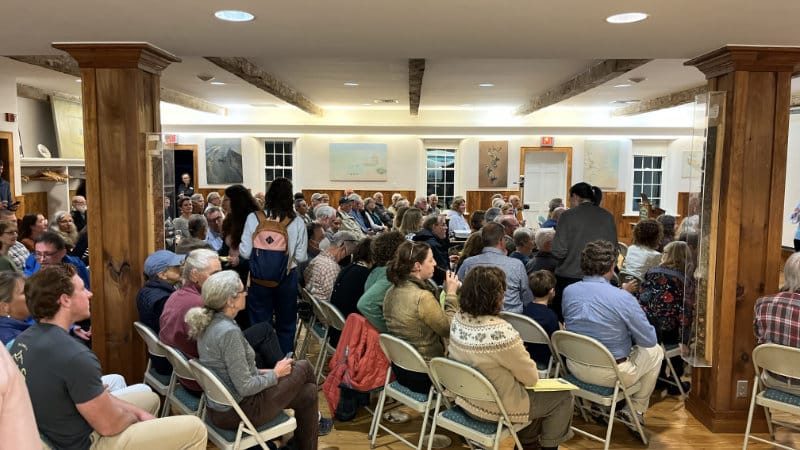
The event started with opening remarks from Executive Director and Research Scientist Dave Arscott, Ph.D., followed by a message from Penn Vet’s Tom Parsons, Ph.D., V.M.D., and an introduction by Isabel Zungalia representing Lael Farm, the event’s sponsor.
Tallamy captivated the audience with his charismatic speech and use of landscape photography. He informed the audience that they are “nature’s best hope.” Tallamy’s message was simple and clear: “Replace half of your lawn with native plants.”
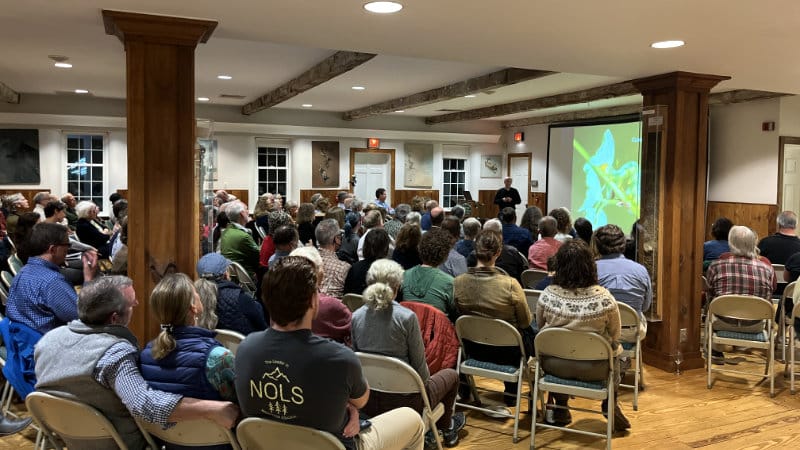
He started his presentation describing specialized interaction between a red oak tree, an acorn weevil, and three species of ants. He explained the interaction as one of millions that happen in the world. His point was to show the intricate balance of nature that needs to be preserved through native wildlife. It was also to show how one seemingly small change to an ecosystem can have huge effects over time. Something as simple as planting an oak tree can aid the process of revitalizing nature.
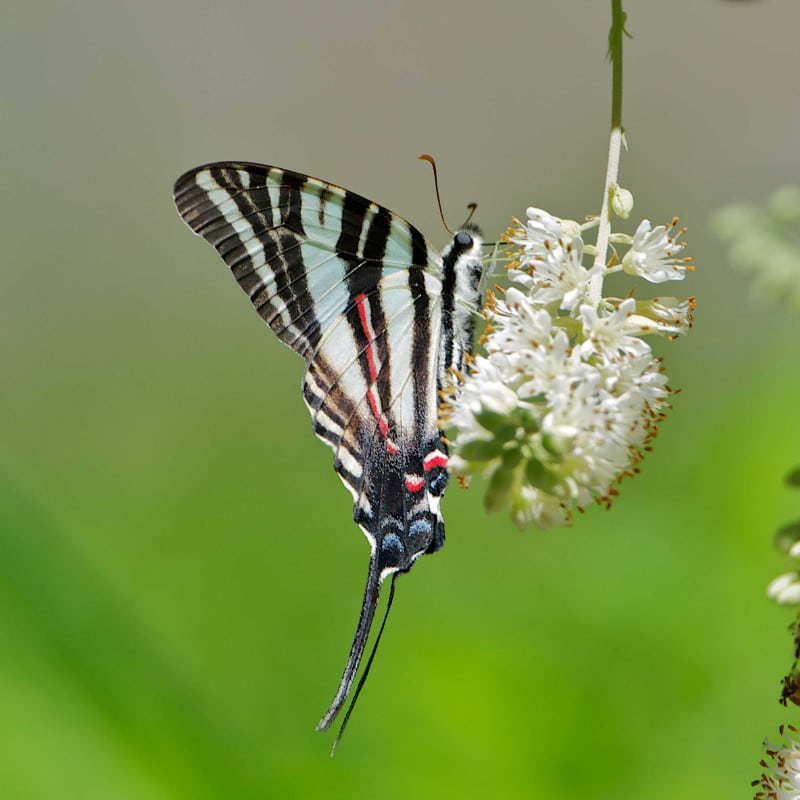
Tallamy went on to explain the importance of insects to the planet. In his presentation, he said that if the insects were to die, they would take all of the food webs that support amphibians, reptiles, birds, and mammals with them. To support these native insects, people would have to plant native plants in their yards. In Pennsylvania, that includes oaks, goldenrod, sunflowers, and asters.
I had the opportunity to interview Tallamy before his lecture. He talked about his roots in entomology and how he got started in the field. “I took a course in college,” he said, “and I found it to be very interesting.” We discussed the changes over the years, and he said he believes that awareness has increased significantly. In his words, “The logic is pretty straightforward, pretty strong, and people, once they hear it, are embracing it.”
I also asked how we could educate the youth on these topics. Tallamy said that we have to incorporate nature into our culture, and we have to stop using nature as a sense of entertainment and realize that it is what keeps us alive. He also challenged the idea that humans and nature cannot coexist and said that we need to stop vilifying nature.
Tallamy also explained the purpose of Homegrown National Park. People can register their properties on the website and their progress can be tracked over time. They can learn what plants are native to the areas that they live and what insects and animals they are adding back into their ecosystems. They can also see their piece of land on the map and see others who are participating as well.
The Stroud Center would like to thank Doug Tallamy for his continuing work in the field and for sharing his time with us. And thank you Penn Vet, Lael Farm, and everyone who has donated to the Stroud Center. Stay tuned for more events in the future.
Bring Nature to Your Home
Learn how you can be part of Homegrown National Park, a bottom-up call-to-action to restore habitat where we live and work, extending national parks to our yards and communities.
Thinking about planting native trees? Check out Stroud Water Research Center’s collection of fact sheets, videos, and other resources to learn how to do so successfully.

